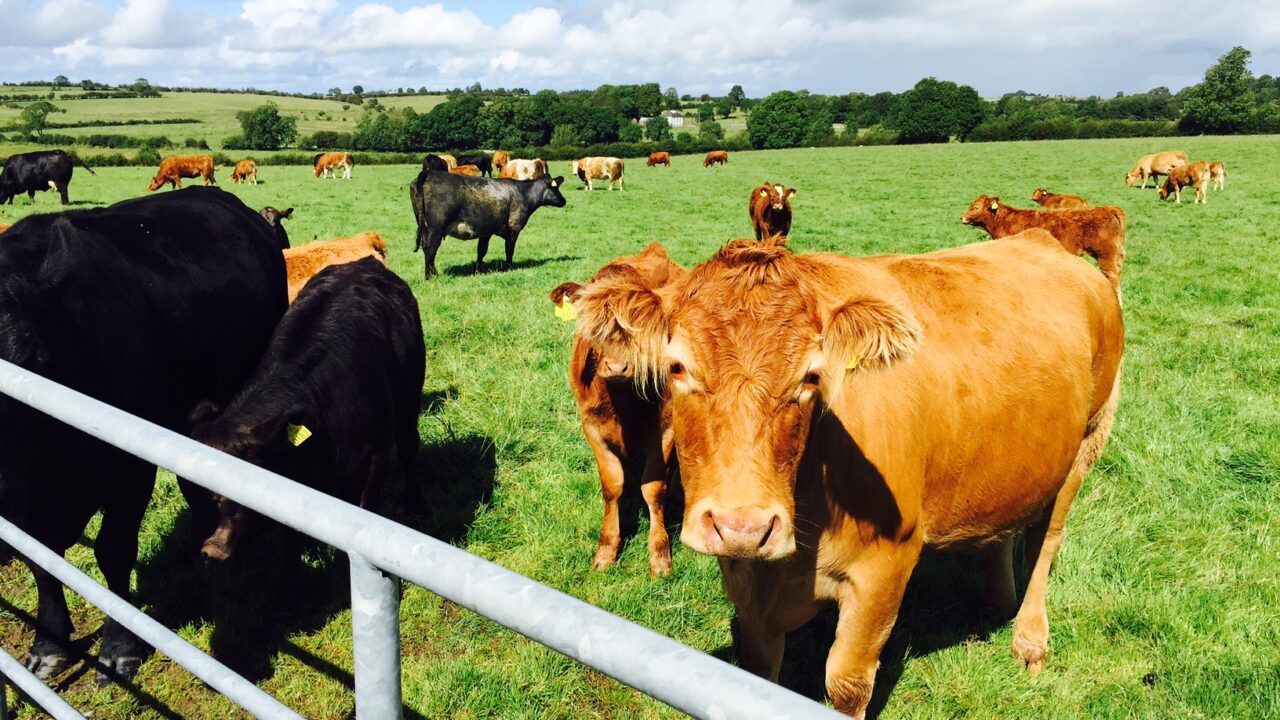The cost of keeping a suckler cow is driving farmers to get out of suckling, according to the managing director of the Irish Family-Farm Rights Group (FRG) Thomas Gunning.
Having visited over half of the marts in the country to date compiling a petition, Gunning believes that the suckler sector is in dire need of support.
On account of this, the FRG is holding a meeting at the Tullamore Court Hotel in Co. Offaly tomorrow night (Friday, January 19) at 8:00pm. The meeting is being held in order to discuss what can be done to avert the demise of the suckler cow, as well as other problems within the beef sector.
‘Poor relation’
The suckler cow sector has become the ‘poor relation‘ of Irish agriculture since the abolition of milk quotas in the dairy cow sector, according to the FRG.
On the other hand, the dairy sector has increased its output by 50% and on current trends is proposed to exceed its target by 3% by 2020; while the suckling sector appears to be in terminal decline, the FRG added.
Progeny from the dairy herd are now infiltrating the suckler sector and the beef carcass is suffering as a result, the farm group explained.
Commenting on the state of the Irish suckler farming sector, Gunning said: “We have visited over 50% of the marts in the country so far, compiling a petition.
An alarming number of farmers on the ground are telling us that they are going to ‘get out’ of suckling – because, the cost of keeping the suckler cow is decimating their incomes.
“When we joined the EEC (European Economic Community) in the early 1970s, farmers were told that the costs of food production would be subsidised to maintain farm incomes – while facilitating cheaper food prices to the consumer.
“But, in the meantime, the costs of production have soared, subsidies have been cut and real farm incomes have declined.
“Even though suckler farmers are using better quality bulls and breeding stock to produce a better quality animal, they are getting less for their product,” he said.
Gunning is also in favour of a suckler cow payment; but, he believes if the Minister for Agriculture, Food and the Marine Michael Creed waits until post-2020 to consider introducing such a payment, there will be significantly less suckler farmers in the country and that it might be too late for the sector as a whole.
Impact on rural Ireland
The suckler sector has the most significant impact on rural Ireland, both economically and socially, according to the FRG.
It is calling on all national stakeholders – including: breed societies; beef and suckler cow organisations; marts; cattle exporters; cattle traders; and factories – to attend tomorrow night’s meeting.
Concluding, Gunning said: “We are calling on all farmers to stand shoulder-to-shoulder to fight for equity within Irish agriculture and for fair trade for Irish farmers.
“The very future of the Irish suckler cow sector is at stake; now is the time to act before it is too late. Together we can make things happen.”
